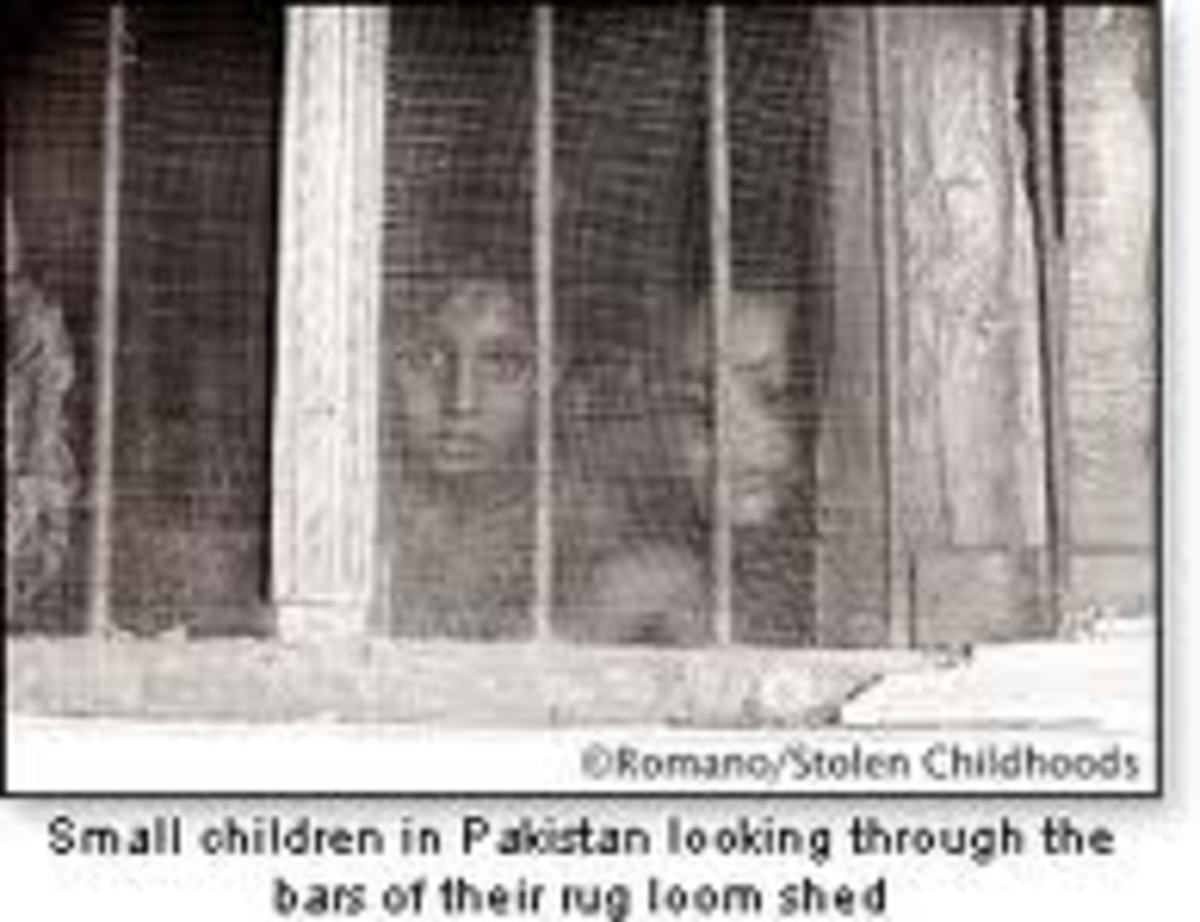What NOT to say When People Are Grieving

By Gloria Siess
Do you know someone who is enduring a terrible loss? Have you been at loss for words, as the cliché goes--unable to intervene in any satisfactory manner? I have recently graduated from a Lutheran Grief Share Support Group, and I have found it invaluable and comforting. One of the hallmarks of the group is giving permission to others to feel pain, to mourn their loss, without judgment. Severe loss can cause numbness, depression and the survivor can often feel alienated by others and even shamed for not "snapping out of it." Here is a list of things people say that can actually cause more misery and frustration to the grieving person.
1. You'll See Him or Her in Heaven. I feel that is true, but the person who has lost a loved one needs immediate comfort, not celestial imagery. Meant to be kind, this remark can sometimes be a bit too religious for the person in pain to receive. Christians grieve with more hope than non-believers, but they feel the same loss.
2. Aren't you over this YET? People grieve at their own pace, and this can drive bystanders crazy. Meant to be a form of tough love, this remark reeks of callousness.
3. Pull yourself together! To grieve and heal, the person must actually fall apart in some sense, and then be put back together. It takes time, tenderness, and often therapy. Avoiding the pain of grief seldom works, as it can ambush the sufferer later in life. Working through it, and feeling it seems to be the only road to healing.
4. Look at the positive side! I have heard this inane remark often, usually when the sufferer is going through sheer hell on earth and the bystander feel secure. Losing a loved one hurts, and even if a diseased leg is being cut off, and you have another leg--well, it is going to be excruciating in the meantime. We have to be sensitive to the process that others are experiencing, and offer support in a practical manner.
5. You are better off without him/her. When someone is abandoned and divorced, the love they felt for that person does not automatically turn off like a valve. Some of us never fully let go of our first love. Words like these, although well-meaning, make the sufferer feel their whole marriage or relationship was a mirage. They do not need to have their choices invalidated at this point. Feeling unloved and shocked by a spouses infidelity and/or abandonment is one of the worst things a human being can go through. They need comfort, not a cheering section.
6. Luckily you have other children left! When a child dies, the pain to the parent is intolerable. If they have other living children, the last thing they need to hear is that another child can make up for the loss. Every child is unique, and leaves a gaping hole in the family circle.
Severe loss usually takes three months to finally accept, and six months for any progress to be made. During this time the survivor of loss will feel numb, often panic-stricken, and in a fog of unreality. Taking them out for coffee, or escorting them on a nature walk will work wonders as it will break the cycle of grief temporarily. Also encourage them to seek professional help. Good medication that enables the sufferer to sleep will be a wonderful blessing--as will anything that keeps them eating and maintaining a normal hormonal balance.








